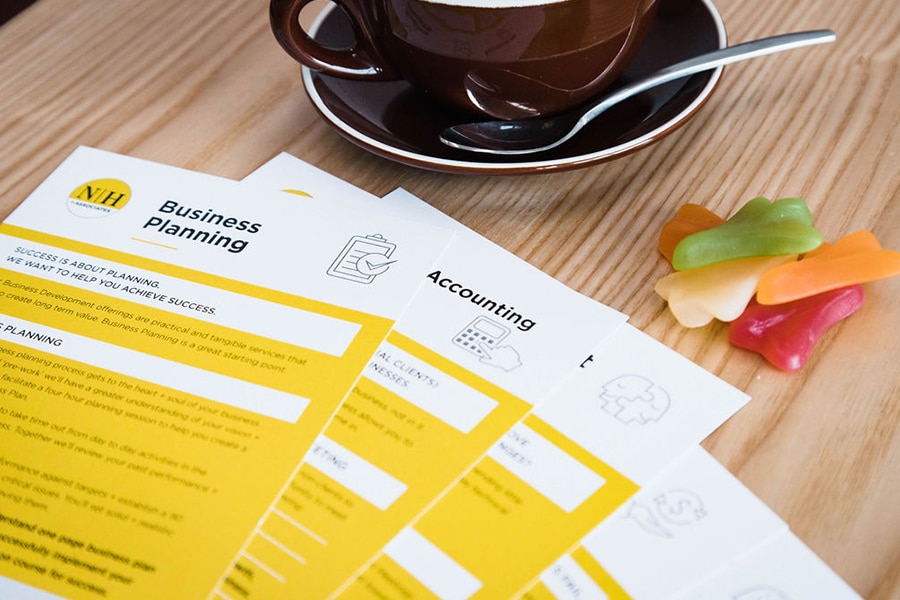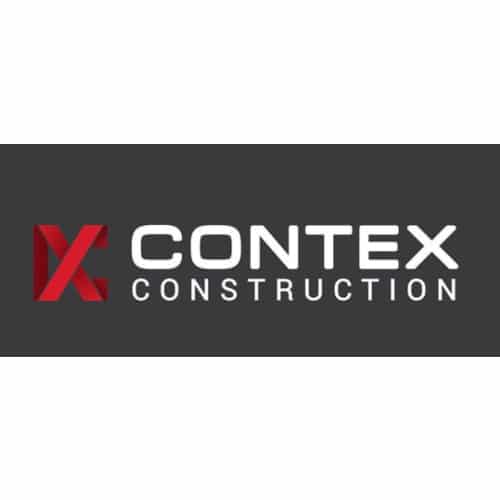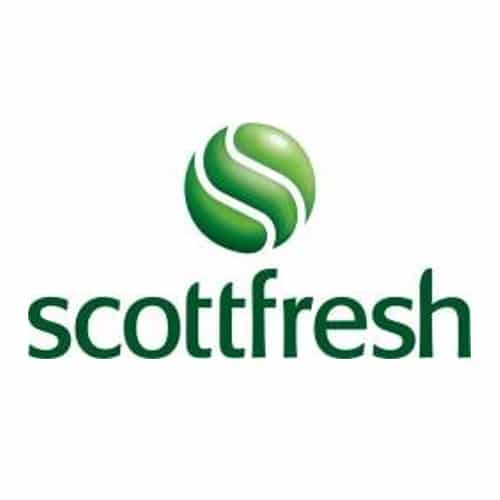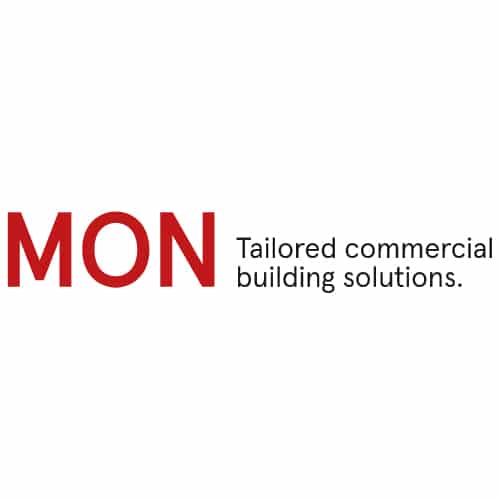At NH+A we help our clients reach mind, time and financial freedom. During these periods, all of those can seem difficult to obtain. It is an unprecedented time globally with the spread of and precautions taken for COVID-19 (or Coronavirus), especially for businesses. Good business means good preparation in times like these. That’s why we’ve put together some answers for your commonly asked questions and tips for moving forward.
What are the first steps businesses should be taking to ensure sustainability through this period?
While it’s important to be working in your business to keep things moving, now more than ever it’s critical to be working on your business too. Here are are three things you can start doing right away:
-
As a business owner, review and update your annual business plan to include contingency planning
-
Review and update your cashflow forecast for the next three, six and 12 months. This includes budgeted figures for sales and expenses, to calculate expected net profit or loss + potentially income tax. Then additionally adding in your capital requirements (loans, HPs), drawings that you as the business owner may be living on, tax requirements (GST, provisional tax) etc. to reflect your business’s cashflow position.
-
Meet with your accountant on a regular basis to keep this in check and be accountable. It can be lonely at the top, now more than ever, you will need someone to lean on and go to for pragmatic advice.
What is the best way to plan for uncertain cashflow?
Once the cashflow forecast has been completed (as above), use this as a dynamic tool. Our economy and environment are rapidly changing from one day to the next.
Ask yourself these questions:
-
Do you have sufficient funds with the change in economic climate to cover business costs, such as materials and wages?
-
Do you have sufficient funds to cover fixed costs such as loan repayments, hire purchase repayments, your drawings?
-
Has your supply chain been disrupted?
There is an urgency now to manage cashflow on a micro basis. Use your forecast as a dynamic tool changing on a monthly or six monthly basis if necessary, measure it against your actuals with identified variances allowing for sound business decisions to be made and inevitable changes as necessary – allowing your business to be agile.
Discuss the results with your accountant on a regular basis. You and your accountant may consider options if cashflow is looking negative such as:
-
Third party funding
-
Restructure,
-
Contacting Inland Revenue for any income tax issues and entering into instalment arrangements, remission of late payment and filing penalties or application of severe hardship debt write-offs.
How can businesses decide if any of the Government packages announced on 17 March are right for them?
The COVID-19 Economic Package is comprehensive and generous. It is the largest package announced in the world on a per capita basis. A point to note is that this is the initial announcement — we have been advised there may be more to come. The Government budget will be announced in May, allowing the Government to be dynamic in their offerings.
Businesses are facing unprecedented challenges. The importance of maintaining stability, minimising disruption, and ensuring that cash keeps flowing effectively through the economy cannot be underestimated – this is a tough, harsh and unpredictable economic climate.
Effectively there is $7.9B allocated to business continuity to ultimately stimulate the economy.
The package includes:
-
Initial $500m boost for health
-
$5.1b in wage subsidies for affected businesses in all sectors and regions — Available now (business need to show a 30% decline in revenue for any month between January and June 2020, compared to this time last year)
-
$126m in COVID-19 leave and self-isolation support
-
$2.8b income support package for our most vulnerable
-
$100m redeployment package
-
$2.8b in business tax changes to free up cashflow
-
$600m initial aviation support package
Some of the business tax concessions include:
-
Reintroduction of depreciation on commercial and industrial buildings
-
Increased threshold for provisional tax from $2,500 to $5,000
-
Increased threshold for write-off of low value assets from $500 to $1,000 (and $5,000 for the 2020/21 tax year)
-
Removing the hours test from the In-Work Tax Credit from 1 July 2020
However, these measures will not provide immediate cash flow relief. These tax concessions are generally not activated until your year-end annual financial statements are completed, thus reducing your net profit and subsequent income tax. However what it will do is allow for your provisional tax payments to be calculated on a lesser basis – hence less cash being paid in advance for income tax.
The Government will not be delaying the increase in the minimum wage — concerns around this are that this is risky as inevitably minimum wage workers will now be more expensive.
The wage subsidy is capped at $150,000 per business over 12 weeks at $585.80 per employee per week (full time) and $350 per employee per week (part time). It is important to note that this DOES include self-employed and independent contractors. Long term, this 12-week period may need to be extended.
What do I need to do to apply for a Government subsidy?
For the wage subsidy, click here
For more details on the business support package and Government fact sheets click here
How do I create confidence and consistency for my employees?
As the situation is changing constantly, it is important to stay informed via reliable and trustworthy sources. If in doubt, check Government websites like Work and Income, Ministry of Health, IRD and COVID19.govt.nz
Keep your team informed with these developments and clearly communicate how you’re dealing with different situations. If you’re unsure about your course of action, communicate that you’re evaluating your options and will come to a decision soon.
Have some trial runs with your team working remotely from home, before we are either compulsory self-isolated (if at all) or for those team members that are required to be self-isolated but well enough to continue working. Start checking that your team will be equipped to work remotely by asking them what will be required and checking with your IT team (if relevant).
Don’t forget in all of this that you as the business owner must also be looking after your own wellbeing. It will be difficult for you to run your business and look after your team if your wellbeing and mental stability is compromised. Make sure to stick to your routine like exercising, eating with family and watching some Netflix to stay calm and collected.
Click here for a great webinar from Xero focused on wellbeing.
Stay calm, be kind and don’t panic — in the words of Jacinda Ardern “be strong, be kind — we will be OK”.
NH + Associates is a Chartered Accounting and Business Consultancy that helps their clients proactively develop their businesses to achieve mind, time and financial freedom.
Nicole Hague
FOUNDER | CEO
nicole@nh-a.co.nz
0274-388-081
Amy Woolley
OPERATIONS LEADER | CLIENT SERVICES MANAGER
amy@nh-a.co.nz
021-626-270








